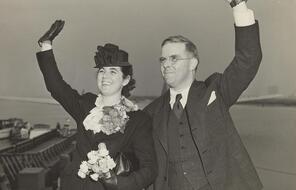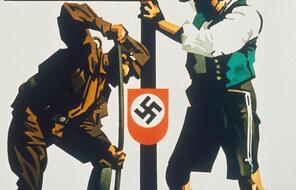Resource Library
Find compelling classroom resources, learn new teaching methods, meet standards, and make a difference in the lives of your students.
We are grateful to The Hammer Family Foundation for supporting the development of our on-demand learning and teaching resources.

Introducing Our US History Curriculum Collection
Draw from this flexible curriculum collection as you plan any middle or high school US history course. Featuring units, C3-style inquiries, and case studies, the collection will help you explore themes of democracy and freedom with your students throughout the year.
3349 Results
Teaching Farewell to Manzanar
Use this guide to Jeanne Wakatsuki's memoir about the incarceration of Japanese Americans during World War II to develop students' literacy skills and increase understanding of this history.
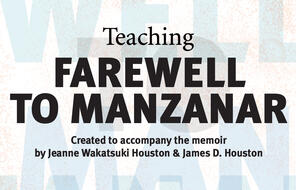
Taking School Online With a Student-Centered Approach
Login Required
The resources in this packet are designed to help teachers approach online learning with a focus on sustaining community, supporting students, and creating engaging, meaningful learning experiences.
A Basic Feeling of Human Dignity
Diary entries from a Jewish woman imprisoned in Bergen-Belsen shed light on how prisoners in camps and ghettos were deprived of dignity.
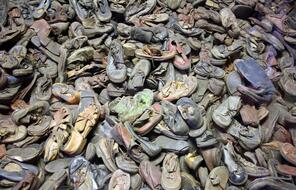
A Basic Feeling of Human Dignity (en español)
In Spanish, diary entries from a Jewish woman imprisoned in Bergen-Belsen shed light on how prisoners in camps and ghettos were deprived of dignity.

A Basic Feeling of Human Dignity (Adapted)
Diary entries from a Jewish woman imprisoned in Bergen-Belsen shed light on how prisoners in camps and ghettos were deprived of dignity.

Teaching Red Scarf Girl
Use this guide to Ji-li Jiang’s engaging memoir set during the tumultuous years of the Cultural Revolution in China to help students explore themes of conformity, obedience, and prejudice.
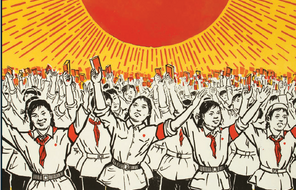
Wonder: A Whole-School Read Planning Guide
Login Required
Get tips for planning your whole-school read of the young adult novel Wonder. This guide provides direction on how to structure classroom discussions and includes pre- and post-reading activities. It also features a "write your own precept" template for use in a final school-wide activity.
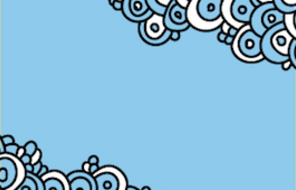
Teaching Night
This guide interweaves a literary analysis of Elie Wiesel’s powerful and poignant memoir with an exploration of the relevant historical context surrounding his experience during the Holocaust.
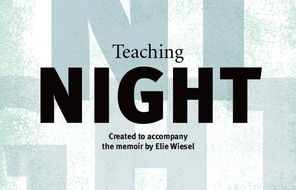
Teaching Mockingbird
Use this resource to transform how you teach Harper Lee’s novel by integrating historical context, documents, and sources that reflect the African American voices absent from Mockingbird's narration.
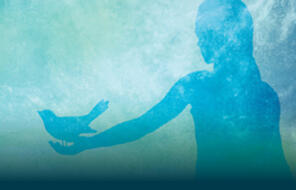
Common Core Writing Prompts and Strategies: The Reconstruction Era and the Fragility of Democracy
Login Required
This resource guides students through a deep exploration of the pivotal era of American history when a nation divided by slavery and war was challenged to rebuild.
Two Who Dared
Learn how the Sharps' rescue work began with a phone call from the American Unitarian community asking for their leadership in the refugee crisis in Prague, 1939.
